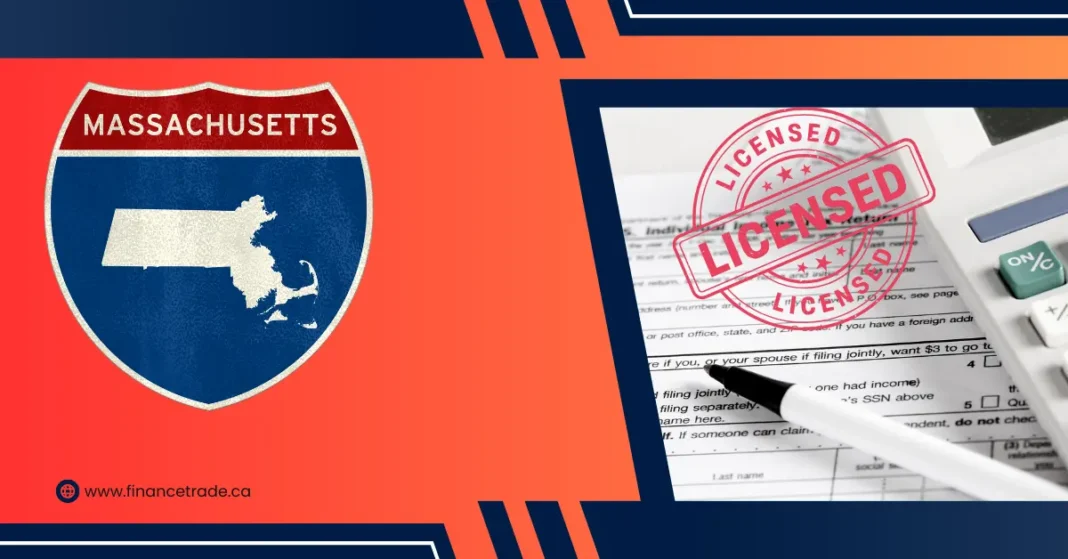Renewal of your Certified Public Accountant license (CPA) in Massachusetts is an important process to maintain your professional standing and ensure compliance with state regulations. This guide will walk you through all the steps, including the requirements for Continuing Professional Education. This will help you keep your license current and your career moving forward.
Massachusetts CPE requirements at a Glance
Before diving into specifics in Massachusetts, it’s important to understand the CPE requirements. CPAs are required to meet certain educational requirements to renew their licenses. This ensures that they remain proficient and knowledgeable in their field.
- The total hours required is 80 CPE every two years
- Ethics Requirement: 4 hours of ethics
- License Renewal Period: Biennial
Let’s now delve into the details of each Massachusetts CPA CPE requirement.
Massachusetts CPA CPE Requirements
Massachusetts Board of Public Accountancy requires that CPAs continue their education in order to maintain sharp skills and keep up with industry regulations and practices. The following is a list of the main requirements.
Massachusetts CPA CPE requirements for Primary CPAs
- CPAs must complete 80 hours of CPE every 2 years. These hours help CPAs, as well as the accounting profession, stay up-to-date on changes in tax laws and auditing standards.
- At least four hours of the 80-hour training must be devoted to ethics. This training covers CPAs’ professional responsibilities and ethical dilemmas that they might encounter in the field.
- Subjects: CPE can include a wide range of accounting-related topics, such as taxation, financial reports, and auditing. CPAs must ensure that courses are aligned with state-approved topics.
Credit Limits and Calculation
CPAs need to be aware of the credit limits and how CPE is calculated.
- Self-Study: You can earn up to 50% of CPE credit through self-study. These courses must be offered by approved providers and should include a certificate of completion.
- CPAs can earn teaching credits for the time they spend preparing and teaching CPE courses. However, these credits are limited.
- Publication credits: Articles, books or professional papers can count towards CPE credits. The credit is given based on effort and relevance.
Other Policies and Exemptions
Massachusetts has specific policies and exemptions that may affect the way CPAs meet their CPE requirements.
- Inactive Status. CPAs who are not practicing at the moment can request an inactive status. This will exempt them from CPE obligations until they decide to activate their license.
- Hardship Waivers – In the event of a significant hardship such as a severe illness, CPAs may apply for a CPE waiver or extension.
What are The Basic Requirements to Maintain a CPA License?
To keep their CPA license active in Massachusetts, professionals need to:
- Completion of CPE hours: 80 CPE hours are required every two years.
- Payment of Renewal Fees is required by the due date, which is usually every two years.
- Send a Renewal Form: This can be done online or by mail. The CPA must confirm that they have completed the CPE hours.
Why do CPAs Need to Renew Their Licenses?
CPAs renew their licenses to ensure that they continue to meet standards of professionalism and ethics. Accounting is a constantly evolving profession, with laws, regulations, and best practices. CPAs can provide accurate and reliable service to their clients through regular CPE and renewal of licenses.
What Conditions Are There For a CPA License Renewal?
For CPAs to meet all requirements to renew the renewal application involves being compliant with CPE requirements, payment of applicable fees, and processing the renewal application.
CPE Compliance: CPAs must report their completed CPE hours and retain documentation as proof of compliance.
Fees Collection: Please note that the renewal fee is subject to change and will have to be paid at the time of submission of the application.
Application Submission: The application must be complete and accurate so that it doesn’t take long in the process.
Illegal Practice and Cooperation Credit
All these penalties involve practicing as a CPA without a valid license. Such penalties may include fines besides disciplinary action. CPAs who are willing to cooperate with ongoing investigations into cases of non-adherence may have to receive credits as a reward for their cooperation.
Conclusion
The renewal of your CPA license in Massachusetts becomes easy when you stay informed and organized. Completing the CPE requirements, following the renewal deadlines, and submitting the required documentation will keep your license in good standing. Never forget that your commitment to ongoing education is not just a boon for your career growth; it also continues the vital essence of the accounting profession.
FAQs
You can check your CPE hours through the Massachusetts Board of Public Accountancy’s online portal or through your CPE provider’s records.
A deadline missed often results in either a late fee or the suspension of your license. Renewal is therefore necessary to avoid such consequences.
Massachusetts does not allow carryover of excess CPE hours to the next renewal cycle.
There is no grace period. All CPE hours must be completed within a two-year period.
Approved CPE courses are available through professional organizations, accredited universities, and various recognized online platforms.


